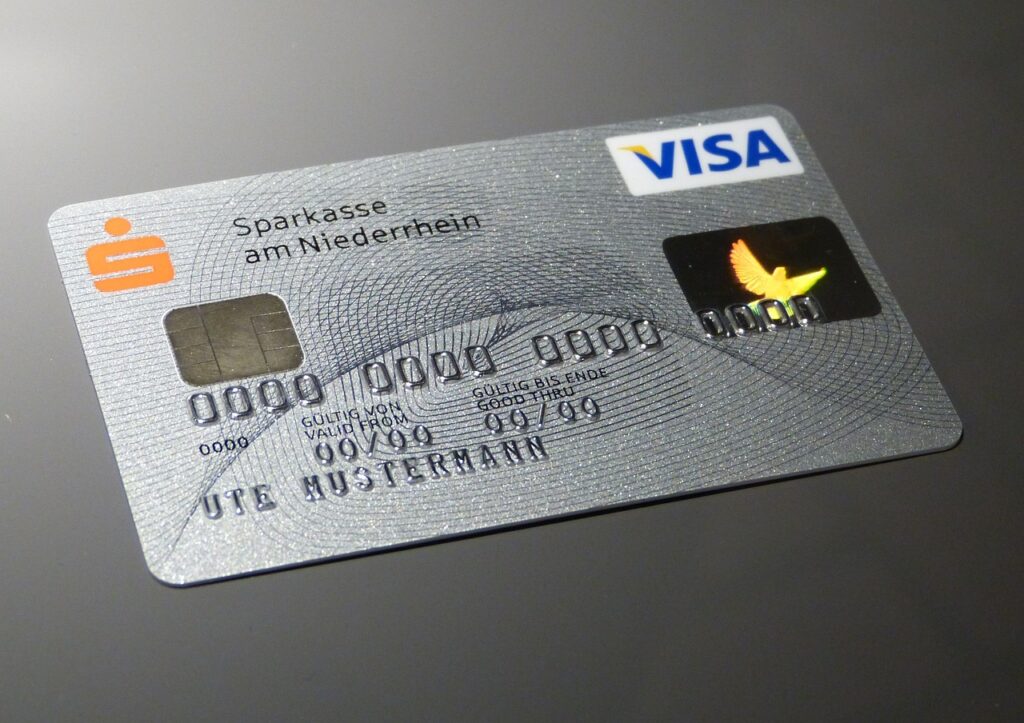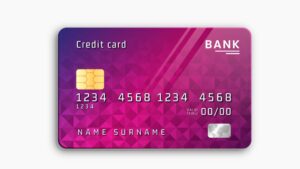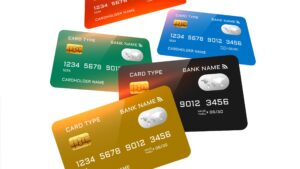Today, credit cards are one of the most popular payment methods. The young generation use credit cards for nearly all their spends. While credit card is a very useful tool, it can become a ‘menace’ if not used correctly. Reckless use can drive the cardholder into debt and may lead to levy of interest charges, penalties, poor credit score and subsequent downgrades in credit profile
In our previous articles we have covered credit cards in detail and also reasons why you should use a credit card. Today, we will learn how to draw maximum benefit out of your credit card and we will also share tips to use the credit card smartly and to your advantage.

1. Always keep limited number of credit cards
Ideally one should not have more than two credit cards at a time. Having multiple cards makes tracking of spending difficult. Moreover managing credit limit also becomes a task. There are always chances of the cardholder spending more than his income. This results in debt, interest expenses, late payment penalties etc.
2. Time your purchases
All credit cards offer a 45 to 60 day float. You can make the optimum use of this credit float by timing your purchases. Let us understand with the help of an illustration. Lalita wants to buy an air conditioner costing Rs35,000 on her credit card. Her monthly statement is generated on 4th of each month and the billing cycle is 5th of the current month to 3rd of next month. The payment is due on 24th of each month.
If Lalita buys the air conditioner on 6th March, she gets a credit period of 50 days! How? As there are 31 days in March, Lalita gets a credit period of 26 days from date of purchase. This transaction will be billed in the statement generated on 4th April and it will be due for payment on 24th April. Lalita gets another 24 days of April as float too. So Lalita gets a credit float of 50 days in total!!!
So by timing your purchases you can make optimum use of the available credit float on your credit card.
3. Pay credit card bills on or before the due date
When you use your credit card it is advisable to pay your credit card bills on time. Regular and timely payment of credit card bills improves your credit score and also protects you from levy of interest charges, late payment penalties, finance charges etc.
4. Make use of the EMI facility on the credit card
There could be situations where you might incur a huge unavoidable expense and it may not be possible to repay the total amount when the credit card bill becomes due next month. In such a scenario, make use of the EMI facility available on the credit card. You can convert the large expense into a EMI for the duration which suits you and then you can pay it in instalments comfortably over a period of time. This will reduce your financial strain.
5. Keep a watch on your spending
When you have a credit card it is easy to get carried away and go on a spending spree. You need to keep a watch on your credit card spends. Review your credit card statements monthly and analyze how the money is being spent. Set transaction limits on your credit card. Ideally you should spend only 50% of the credit limit available to you. Avoid using maximum of your credit card limit.
6. Know about your reward points
All credit cards come with a reward points program. Typically reward points accumulate with every spend on the credit card and lapse after a certain time period. A cardholder should be aware of the various benefits and reward points available on the credit card. The cardholder should also regularly redeem the reward points as many utility products, subscriptions etc can be availed on redemption.
7. Discounts, cashbacks and offers
Most credit cards come bundled with offers on brands, discounts on entertainment & dining, cashback offers for online shopping etc. A credit card holder should check the offers on the credit card regularly and utilize them wherever possible. As they say, ‘money saved is money earned’.
To conclude, credit cards are a fantastic tool to manage daily cash/fund requirements when used responsibly. You can unlock all the benefits and the true utility value of a credit card when you use it prudently.



